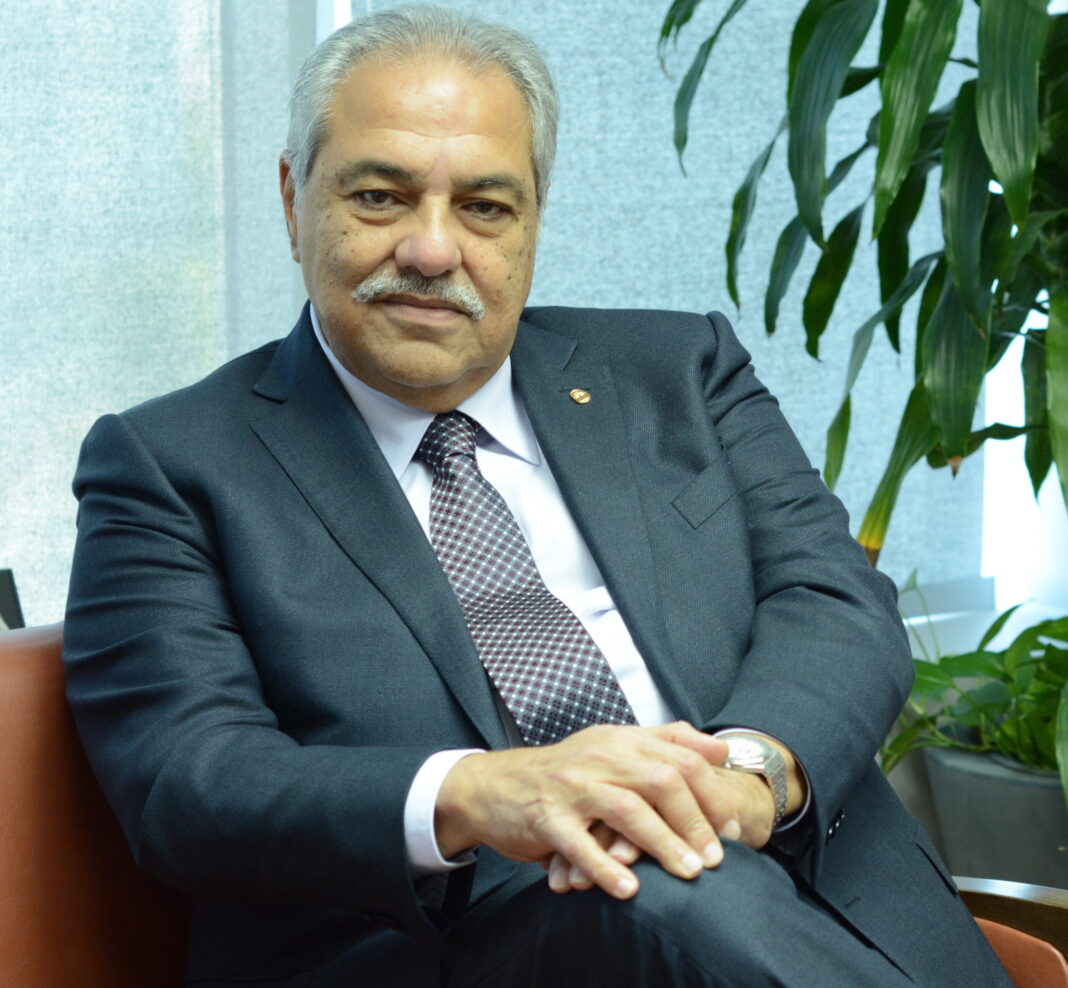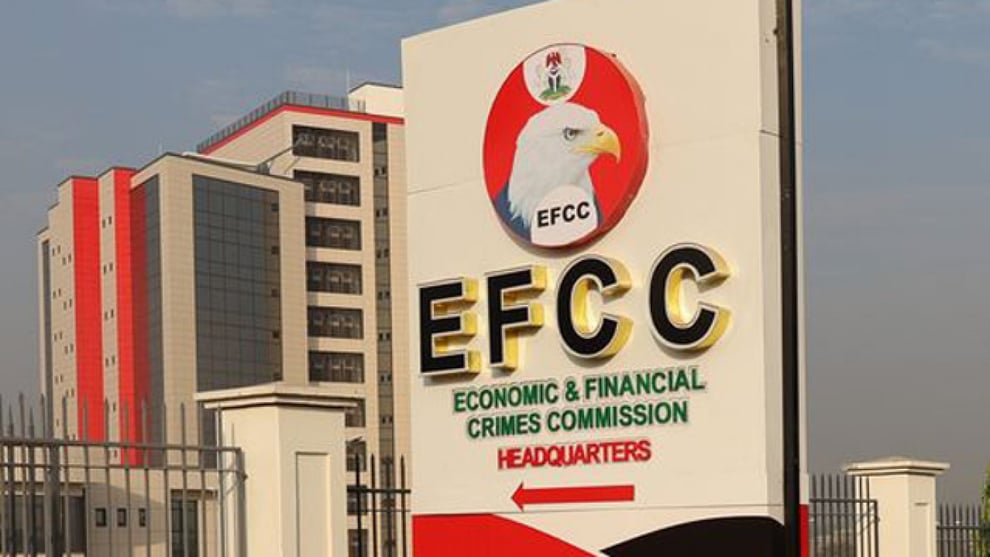Brussels: Today marks a significant step in the ongoing battle against human trafficking as the Belgian presidency of the Council and representatives of the European Parliament have reached a provisional agreement to expand the scope of the EU’s anti-trafficking law. The directive on preventing and combating trafficking in human beings, originally adopted in 2011, is set to undergo a crucial update that addresses new dimensions of exploitation.
Forced marriage, illegal adoption, and surrogacy have been explicitly recognized as forms of exploitation falling under the purview of the EU anti-trafficking law. This development is a direct response to the evolving nature of trafficking, acknowledging the prevalence and relevance of these forms of exploitation. Specifically, the trafficking for the exploitation of surrogacy, where women are coerced or deceived into acting as surrogate mothers, will now be explicitly addressed within the legal framework.
Penalties for these newly recognized forms of exploitation remain robust, with a maximum penalty of at least five years of imprisonment. Aggravated offenses can incur a more severe punishment, with a minimum of ten years of imprisonment. The agreement also introduces a new aggravating circumstance, recognizing the role of information and communication technologies (ICT) in amplifying the impact of trafficking, especially concerning the dissemination of explicit material involving victims.
Human trafficking is a criminal act that has a severe human toll. This much-needed update of the directive will better equip member states to fight this awful crime in all its forms.
Paul Van Tigchelt, Deputy Prime Minister and Minister of Justice and the North Sea
The directive also places greater accountability on legal persons, such as companies, involved in trafficking offenses. Sanctions on these entities will extend to the exclusion from access to public funding, withdrawal of permits, and authorizations to pursue activities related to the offense.
A crucial aspect of the agreement addresses the responsibility of individuals who knowingly use services provided by victims of trafficking. Member states are now obligated to make it a criminal offense if a person is aware that the service is provided by a trafficking victim. The penalties for such offenses are expected to be effective, proportionate, and dissuasive.
The provisional agreement will undergo confirmation by member states’ representatives in the Council (Coreper) and subsequent formal adoption by both institutions. The 2011 directive laid the groundwork for the fight against human trafficking, establishing minimum rules for defining criminal offenses and sanctions while emphasizing prevention and victim protection. The inclusion of forced marriage, illegal adoption, and surrogacy in the updated directive reflects a commitment to adapting legal frameworks to address emerging challenges in the fight against human trafficking. According to European Commission data, forced marriage and illegal adoption accounted for 11% of all trafficking victims in the EU in 2020, underlining the urgency of these legislative measures.





